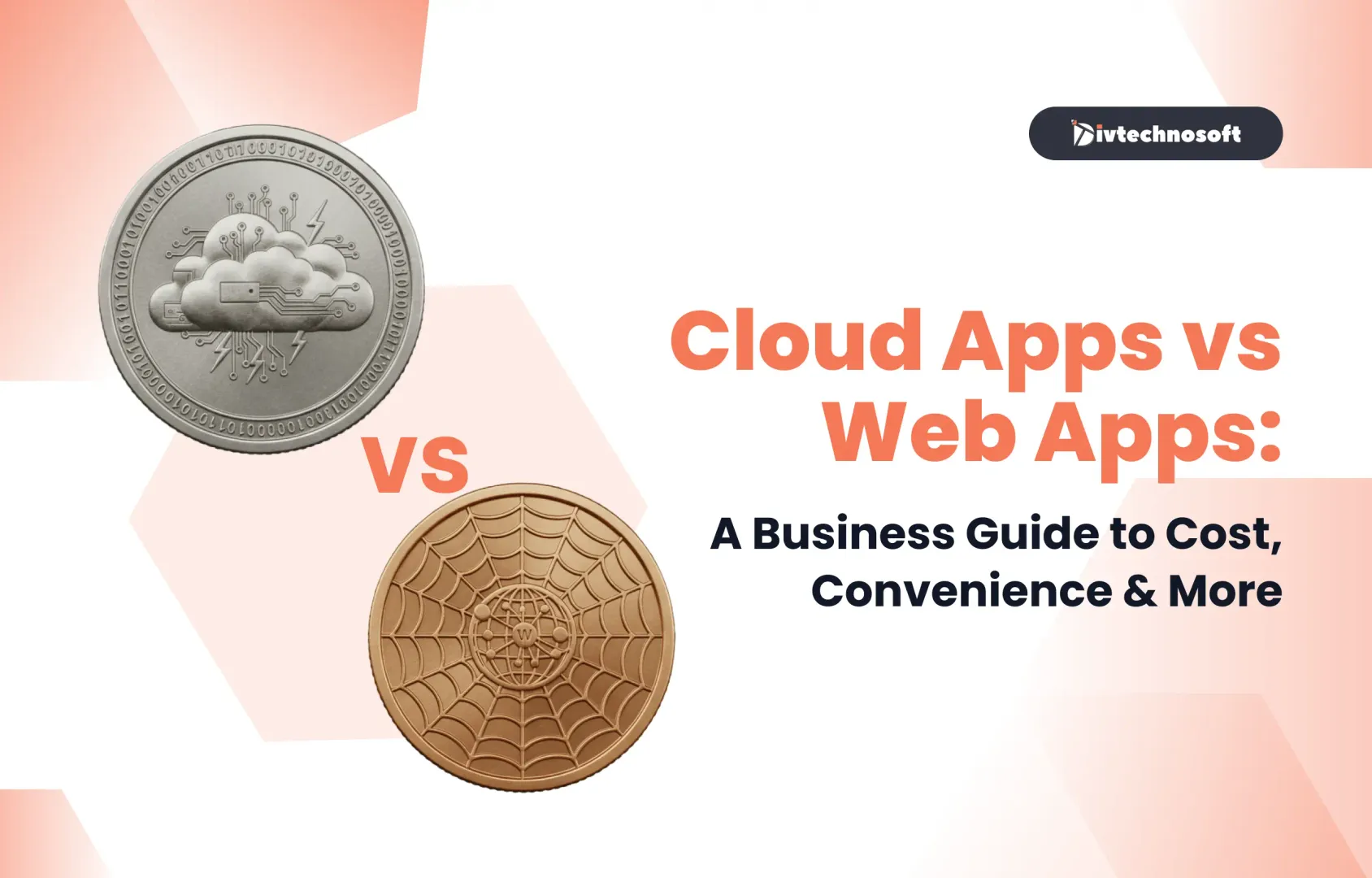Innovative Solutions for the Travel Industry: What You Need to Know
Discover how technology is transforming the travel industry in 2024. Explore effective travel industry solutions, key challenges, and innovative trends that enhance customer experiences and boost business success.
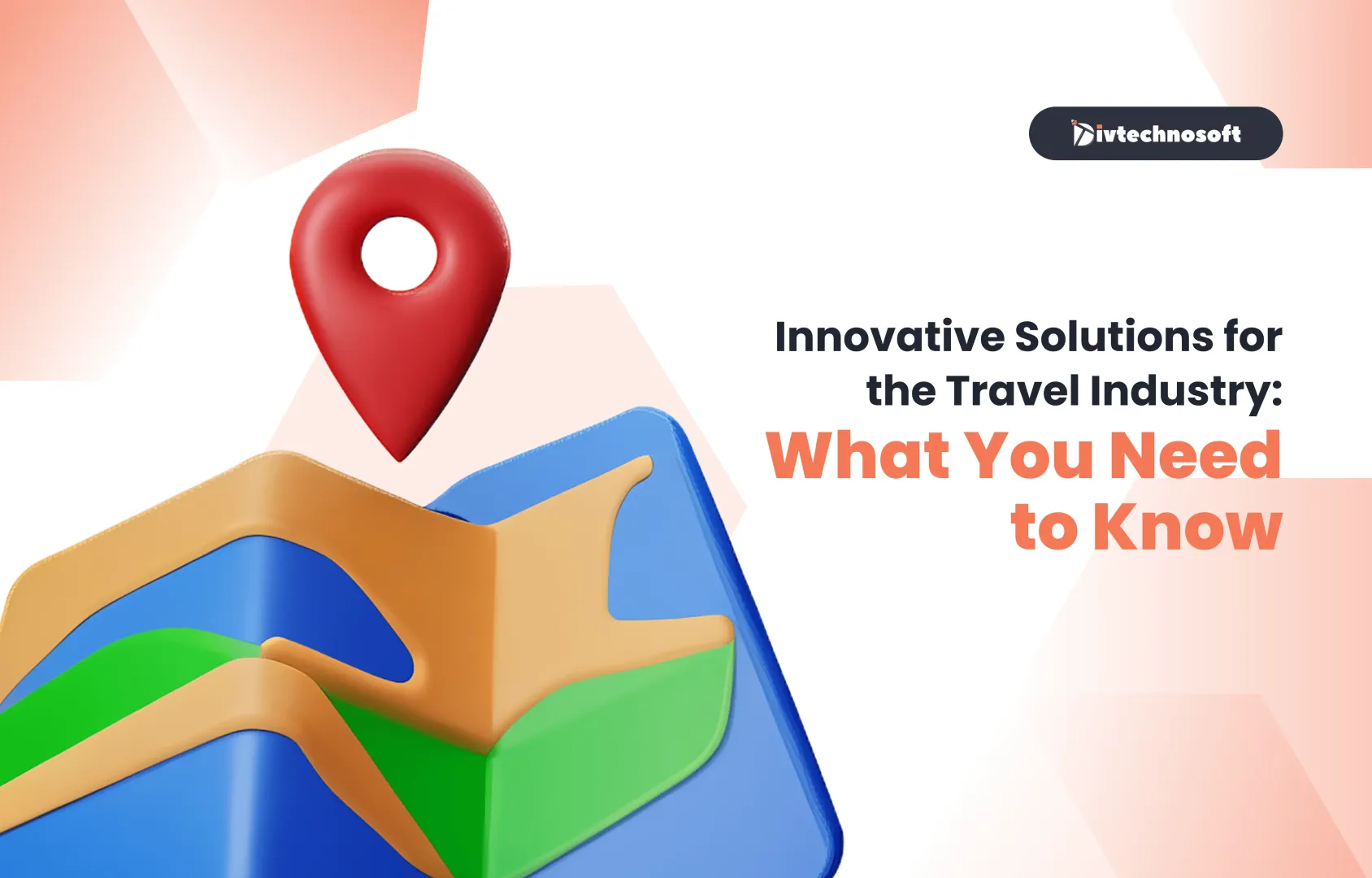
As we step into a new era of travel, let’s uncover the exciting ideas that are changing the game. As technology continues to change how we plan and enjoy our trips, it’s crucial for businesses to keep up with what travelers are looking for. Effective travel industry solutions, such as personalized experiences and simplified booking processes, are becoming essential for success in this competitive landscape.
In 2024, we’re seeing exciting trends that can transform the way we travel. From mobile apps that offer customized recommendations to platforms that streamline reservations, these advancements are designed to enhance customer satisfaction and improve operational efficiency. Embracing these technologies can lead to more memorable experiences for travelers.
In this blog, we’ll dive into the key innovations shaping the travel industry today. Whether you’re a travel professional eager to adopt new tools or a traveler wanting a smoother journey, understanding these trends is important. We will highlight effective travel industry solutions that can enhance experiences for both travelers and businesses alike. Join us as we explore how these changes can benefit everyone involved in the travel process.
Understanding the Need for Innovation in Travel
The travel industry is always changing due to what people wants and the latest technology. Today’s travelers expect more than just basic services; they want experiences that are designed to their individual needs. This change highlights how important it is for travel companies to innovate in all areas of their business.
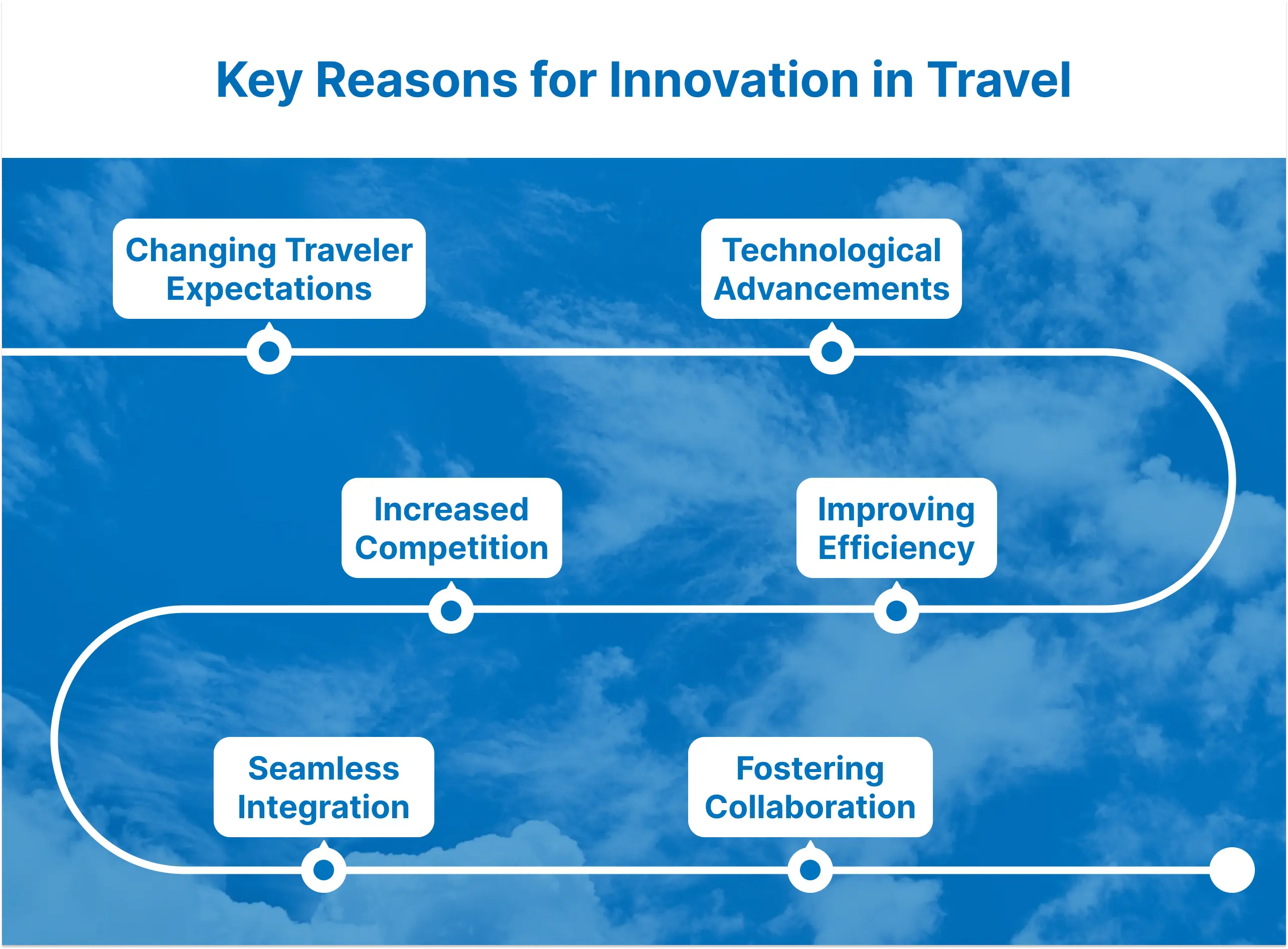
Key Challenges Facing Travel Businesses
The travel industry has many opportunities, but it also faces important challenges that can affect how businesses operate and how satisfied customers are. Recognizing these challenges is crucial for companies that want to succeed in a competitive market. Implementing effective travel industry solutions is key to overcoming these hurdles and enhancing both operational efficiency and customer satisfaction.
1. Changing Consumer Preferences
Travelers’ needs and expectations are always changing. More and more, they want personalized experiences and unique options, which can be hard for businesses to provide. If companies don’t adapt to these changes, they risk losing customers.
2. Economic Instability
Changes in the economy can have a big impact on how much people spend on travel. When the economy is down, travelers may have smaller budgets. This means businesses need to be flexible and adjust their prices or services to attract customers.
3. Increased Competition
The travel market is filled with many choices, making it hard for companies to stand out. To attract and keep customers, businesses need creative marketing and unique services.
4. Cybersecurity Threats
As travel businesses become more digital, they face increased risks of cyberattacks. Protecting customer data and company information is crucial.
5. Providing Consistent Quality
Maintaining high service quality across different locations or franchises can be difficult, leading to inconsistent customer experiences.
6. Market Saturation of Online Travel Agencies (OTAs)
The rise of OTAs can create pressure on traditional travel agencies, as travelers often turn to these platforms for deals and convenience.
The Impact of Technology on Travel
Technology has fundamentally transformed the travel industry, reshaping how people plan, book, and experience their journeys. From mobile apps to artificial intelligence, technological advancements have made travel more convenient, efficient, and personalized. These innovations represent effective travel industry solutions that help businesses meet the evolving needs of travelers and enhance their overall experience.
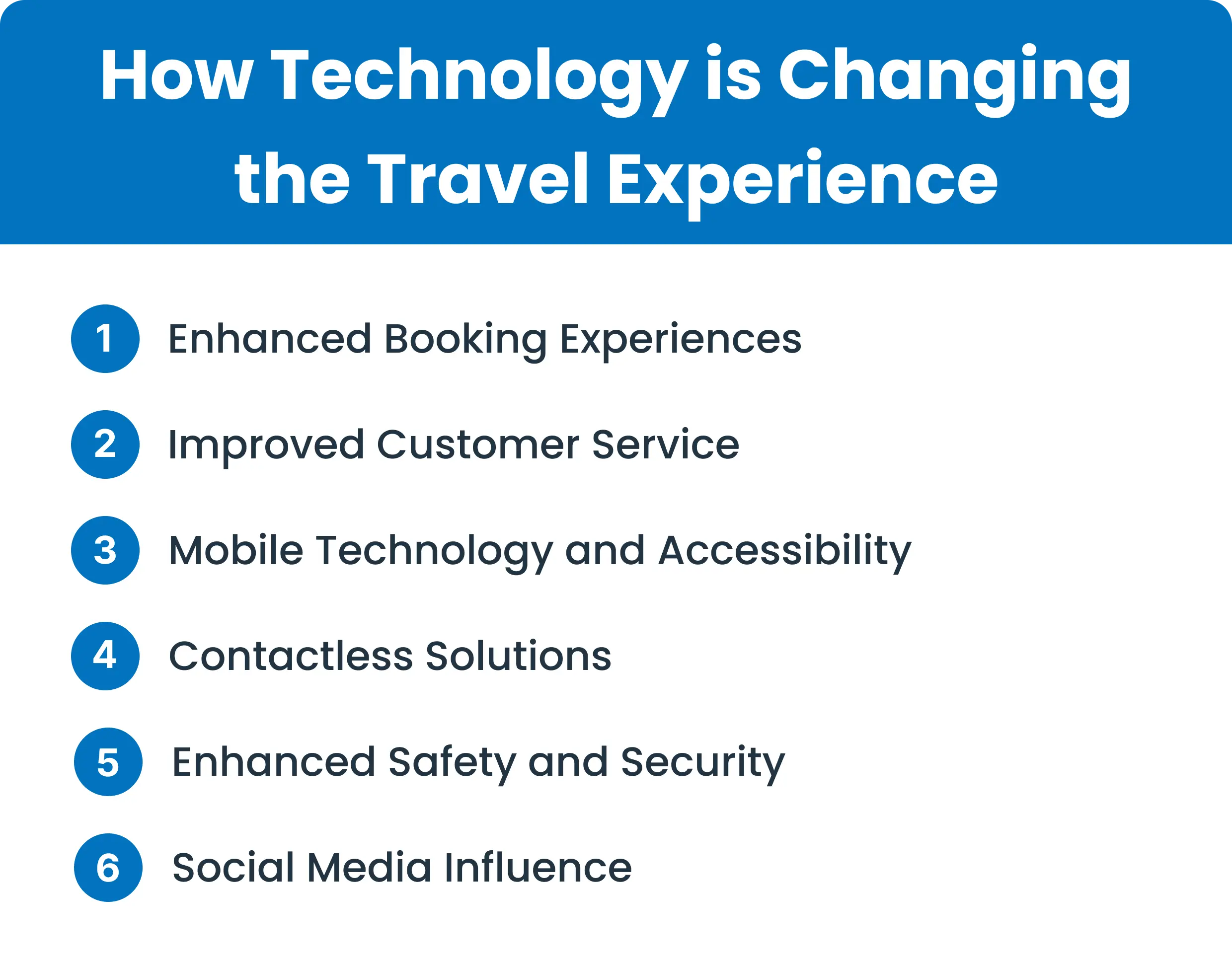
1. Enhanced Booking Experiences
Online booking platforms and mobile apps have changed the way travelers plan their trips. People can easily compare prices, read reviews, and book flights, hotels, and activities from home or while they’re out. This convenience has made planning trips faster and easier than ever.
2. Improved Customer Service
Chatbots and AI-powered customer service tools allow for instant responses to traveler inquiries. These technologies can assist with everything from booking changes to providing local recommendations, ensuring that customers receive help whenever they need it.
3. Mobile Technology and Accessibility
Smartphones have become essential travel companions. Mobile apps enable travelers to check flight statuses, access boarding passes, and navigate unfamiliar places. This accessibility allows for a more seamless travel experience, reducing stress and uncertainty.
4. Contactless Solutions
In response to health concerns, many travel businesses have adopted contactless technologies, such as mobile check-ins and digital payment options. These innovations enhance safety and convenience for travelers, providing peace of mind during their journeys.
5. Enhanced Safety and Security
Technology plays a crucial role in traveler safety. Real-time tracking, travel alerts, and mobile safety apps help keep travelers informed and secure, especially in unfamiliar areas.
6. Social Media Influence
Social media platforms have become powerful marketing tools for travel companies. Travelers often share their experiences online, influencing others’ travel decisions and shaping trends in the industry.
Transformative Technologies Shaping the Travel Industry
The travel industry is going through exciting changes as new technologies reshape how we plan, book, and experience our trips. These tools make traveling easier, more efficient, and more enjoyable for everyone. By implementing effective travel industry solutions, businesses can enhance customer satisfaction and streamline their operations. Let’s explore some of the key technologies that are transforming the way we travel.
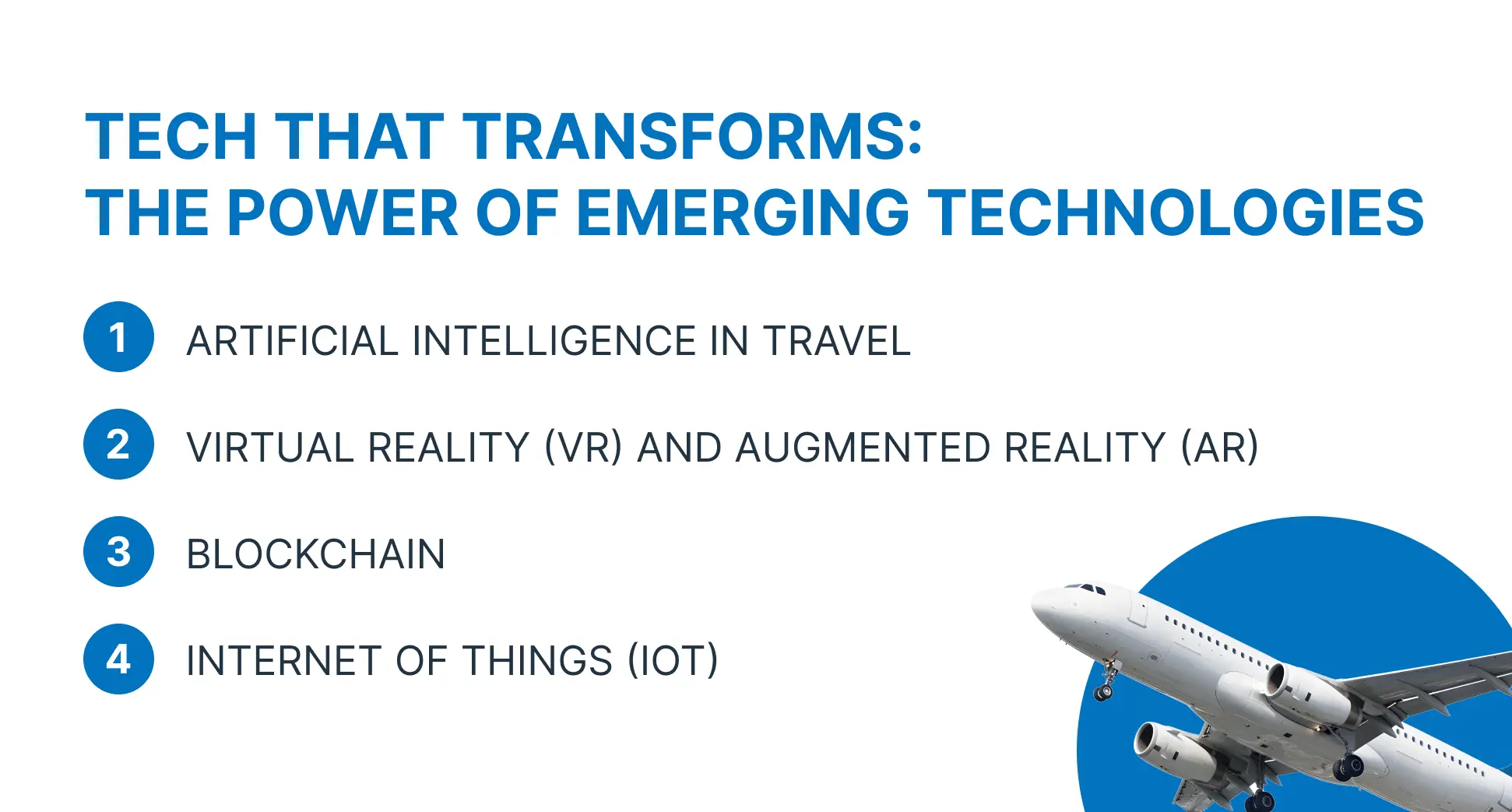
1. Artificial Intelligence in Travel
AI is enhancing customer service through chatbots and personalized recommendations. It helps in optimizing pricing and improving operational efficiency.
2. Virtual Reality (VR) and Augmented Reality (AR)
VR allows potential travelers to experience destinations before booking. AR enhances the travel experience with interactive guides and real-time information.
3. Blockchain
This technology enhances security and transparency in transactions, streamlining processes like identity verification and payment systems.
4. Internet of Things (IoT)
Smart devices in hotels and airports improve efficiency and guest experiences, from smart room controls to luggage tracking.
Looking Ahead: The Future of Travel Innovation
The future of travel is filled with exciting possibilities. We can expect more personalized experiences that fit individual preferences, making planning trips easier and more enjoyable. Sustainability will become a key focus, as travelers look for eco-friendly options, encouraging businesses to adopt better practices. Safety and convenience will be prioritized, allowing for smoother check-ins and payments. To keep up with these changing needs, effective travel industry solutions will be key to improving the overall travel experience. Travelers will also have the chance to explore destinations virtually before they arrive, giving them a glimpse of their adventures. Cities will improve visitor experiences with real-time information and better navigation. Additionally, secure transactions will help ensure a safer travel experience. Overall, the journey ahead promises to be more enjoyable, safe, and customized to the unique interests of every traveler.

Conclusion
As we look to the future of the travel industry, it’s clear that new ideas are important for creating better experiences. The industry is changing because travelers want more meaningful and enjoyable trips. Companies that focus on being flexible, eco-friendly, and attentive to customer needs will do well. By keeping up with new trends and listening to what travelers want, the industry can offer journeys that are fun and responsible. At its core, travel is about making connections, whether with people, places, or cultures. By welcoming these new ideas, we can create a brighter future in travel, where every trip tells a special story.


